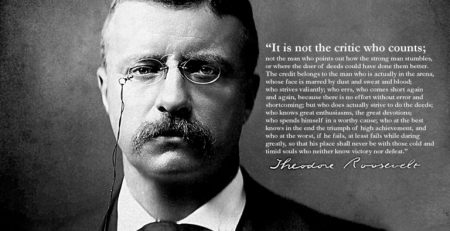Angel investors must let start-ups learn from mistakes
The smallest cash infusion can make a big difference
It is puzzling that early-stage investing in new businesses in South Africa is not growing as fast as it should, irrespective of economic factors. It stays low year on year even with initiatives to foster an uptick, from the section 12J venture-capital class introduced by the state, to various “angel investor” networks driven by private investors.
We cannot wholly place the burden on investors – entrepreneurs need to play their part in being investor-ready and having the guts to put themselves out there and find the right financial supporters. This step is difficult for many, especially since being at an early stage might mean you have no clue how to present yourself and your product in an investable way.
Let us also put it down to the low levels of understanding nationwide of what it means to be an investable entrepreneur. Unless you are in a big city, with easy access to the great programmes available, your chances of learning how to be investor-ready are slim.
The factors that limit entrepreneurs are not enough to justify the consistently low levels of early-stage investment and support we see today. Everyone would rather bank on the entrepreneurs who have proved themselves already – much less risky, with a proven stream of revenue. Even then, investors still ask them to put down guarantees and collateral.
For angel investing to work, we need to shift our mentality. This is not the stage at which one needs to think about de-risking – this is about as high-risk a stage as you are going to find. The focus needs to be on the lessons that both the entrepreneur and the early-stage investor stand to learn along the way.
In Silicon Valley, for example, I was struck by how angel investors tended to back the same early-stage entrepreneur over and over again until they found a viable product.
When I asked why, they said the biggest gain was in seeing an entrepreneur learn from failure. You are not investing in the product, you are investing in the lessons that will one day enable that entrepreneur to build a sustainable business. Without trial and error, there is not much that will make that entrepreneur stand out in a sustainable way.
This kind of investment should not be viewed as a series of potential losses but as a series of potential lessons.
The investors also saw it as a dating game, a chance to get to know each other better. Early-stage investing is a multi-year commitment. You stick around until the venture reaches the initial public offering level, at which point you can cash in. This long-term approach to investment makes it clear that it is less about the product or the industry than about the entrepreneur.
I am often asked what industries I focus my own angel investments on and my answer is consistent: I am industry agnostic. I focus more on the person on whom I am making a long-term bet; on helping them figure out how to be most successful.
As the entrepreneur learns, so does the angel investor. You start getting a sense of the character traits to look for in an investee and better understand which ones align with your personality and aspirations.
An angel investor is not something you should be in the distant future when you have finally made it in life. The smallest cash infusion can make a big difference to lives.
I am a proponent of putting your money where your mouth is. It is clear that many mouths in the country see the necessity of increasing early-stage investment support. We need to see more money, however little, channelled in that direction.
Early-stage investing is much riskier than other types of investment but remains one of the only ways we stand to see a game-changing increase in the number of early-stage companies. These will eventually grow into ventures that will change the persistently low levels of entrepreneurship in South Africa.




Leave a Reply